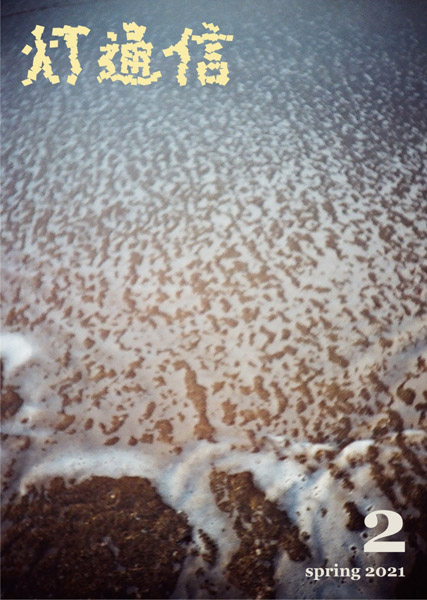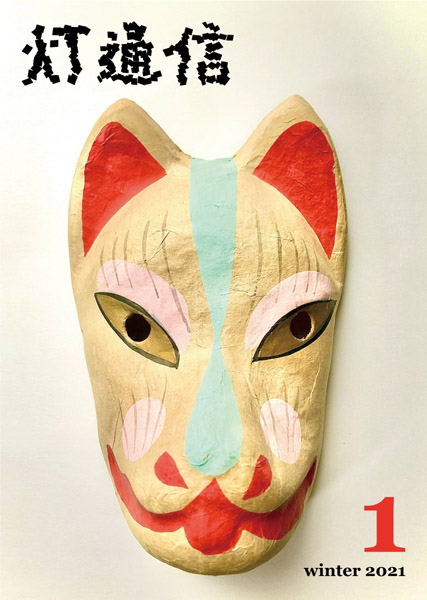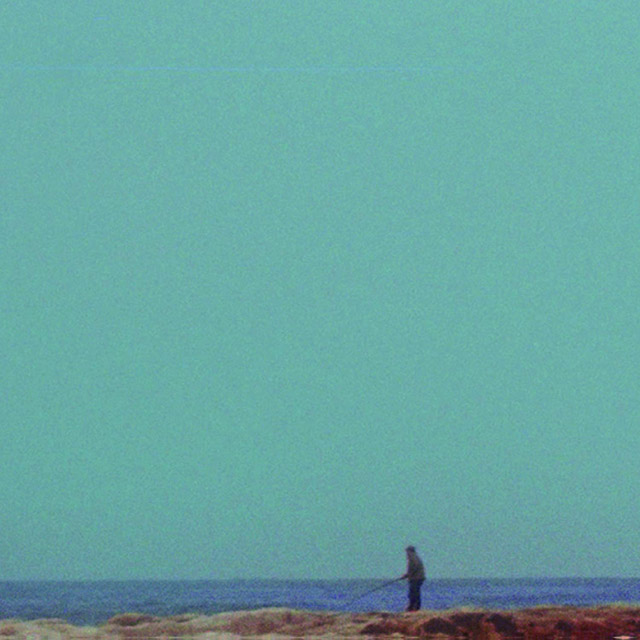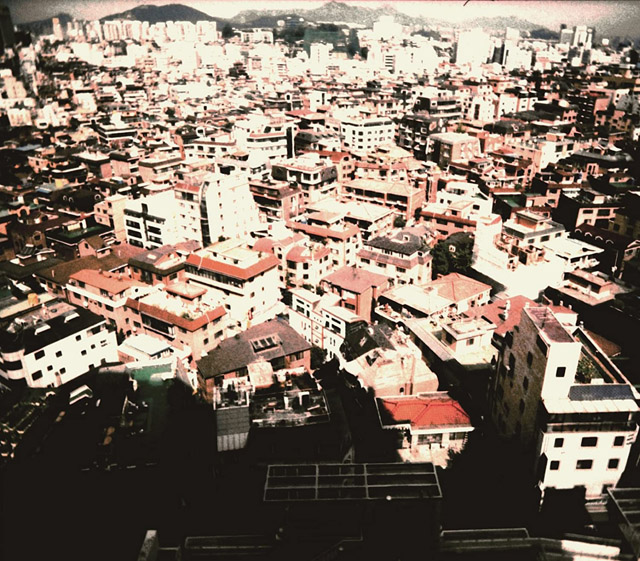Here is a rare interview with Mr. Matsushita Makoto in which he talks about his career, focusing especially on his first two solo albums. Highly recommended reading for fans of this man’s work.
On a personal note, I might mention that in my mind First Light is one of the very best, genre-defining city pop albums of all time. That’s my story and I’m sticking to it, dammit.
Interview & text: Kawamura Yusuke & Takaki Rita (Japanese text)
English translation: Henkka
Note: You can buy Matsushita Makoto’s music from CDJapan.
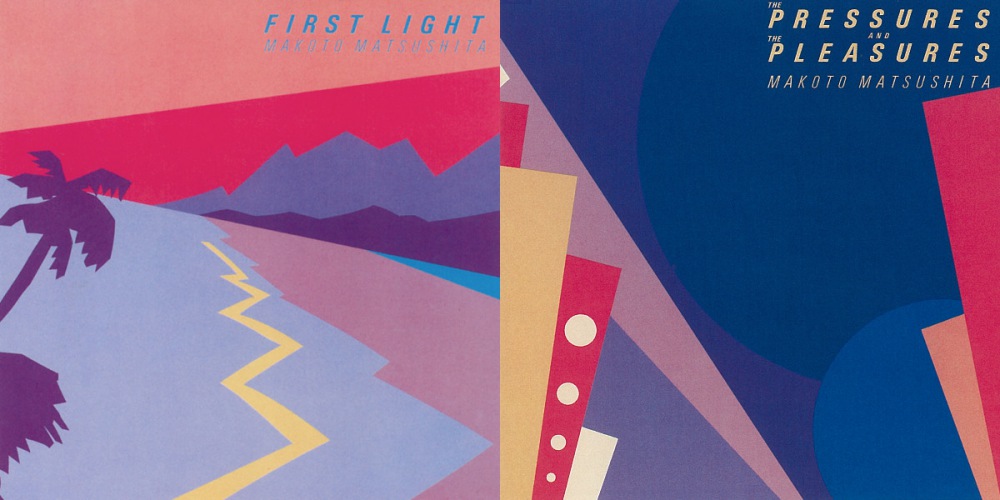
Profile
At the age of 18, he was admitted to the Nem Conservatory where he majored in guitar, studying music theory, composition, and arrangement. At 19, he began working professionally as a live musician, playing more than 500 shows over the span of four years. At 22, he did his first studio work when he was in charge of sound production and arrangement on Yamane Mai’s Tasogare, after which he would go on to work with countless of artists as an arranger, producer, and guitarist at the heart of the Japanese pop music scene.
As a recording artist, he released three solo albums in the 80s. Furthermore, he has done pop rock in AB’S, progressive rock in Paradigm Shift and Future Days, contemporary jazz fusion in Groove Weather, a cappella chorus music in Breath by Breath, funk rock in Rainey’s Band, as well ambient music and total improvisation in Nebula and other bands in his search of completely new types of sounds.
Guitarist and arranger Matsushita Makoto, known especially for his chorus vocal arrangements for artists like SMAP and KinKi Kids, his supporting work for a great number of artists, and for being a member of AB’S alongside Yoshino Fujimaru.
Now, two of the albums he released in the 1980s under his own name are being reissued along with bonus tracks and the latest high-resolution remastering. Those two releases are First Light, featuring first-rate pop notable for its meticulous arrangements and musical performances, and The Pressures And The Pleasures, more closely reflecting its creator’s personal tastes with its strong prog rock influence. Even amidst growing appreciation for Japanese music from the 1980s, these releases stand out as highly acclaimed masterpieces both in an outside of Japan. Both of these amazing albums shine with an evergreen glow.
In commemoration of the reissuing of these two albums, we conducted an email interview with the artist himself. In this rare interview, we asked him about the beginnings of his career, the time period of his solo releases, and what he has been up to since then.
Continue reading →
